Read the latest expert comment and analysis from UCL Economics researchers in the national and international media.

Children living near Sure Start centres did better at GCSEs, study suggests
Professor Pedro Carneiro co-authors study on the medium-run effect of Sure Start on academic outcomes, finding large benefits, particularly for children from disadvantaged backgrounds.
- Read: BBC News

Over 55s most likely to lose their jobs to robots, study finds
Although most workers’ earnings are unaffected by technological change, staff aged over 55 are more likely than any other group to lose their jobs to robots.
Read: The Telegraph (£)
28 November 2022
Discussion paper: Technological and Organizational Change and the Careers of Workers
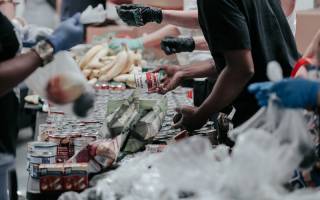
How to tackle the UK cost of living crisis – four economists have their say
Writing alongside three other economists in The Conversation, Professor Morten Ravn argues that to fight the inflation crisis, the government needs targeted policies to help lower income households.
Read: The Conversation
15 August 2022
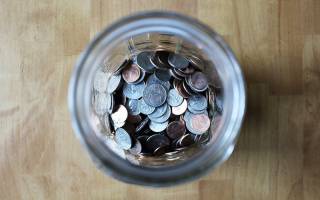
Children from low-income families who are friends with wealthier peers will earn more later in life
“The main takeaway is that being able to connect with people from higher SES groups has a strong and important association with upward mobility,” said Professor Sir Richard Blundell
Read: The Financial Times
9 August 2022

She had an unnerving ability to surprise, writes Truss’s Oxford tutor
UCL Policy Lab Director, Marc Stears on the rise of Liz Truss.
Read: The Times (£)
30 July 2022
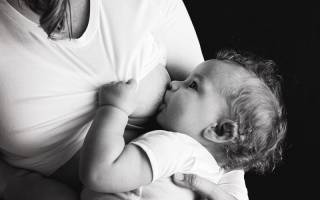
Breastfeeding improves cognitive ability for children of poorer mothers
Breastfeeding for at least three months increases performance in tests of cognitive ability of children from disadvantaged backgrounds.
Read: The Guardian
1 July 2022
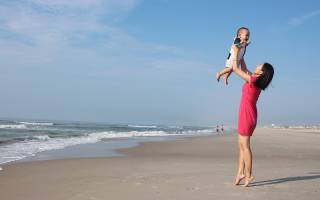
Why parents should take their babies on a winter 'sun holiday'
Researchers found exposing a child to sunshine in their first six months of life reduced their chances of obesity
Read: The Telegraph (£)
15 June 2022

Changes to universal credit regime must take account of rising prices
They might not know it yet, and it is likely to pass the rest of us by entirely, but for more than two and half million families, today is a very big day.
Read: The Times (£)
9 May 2022
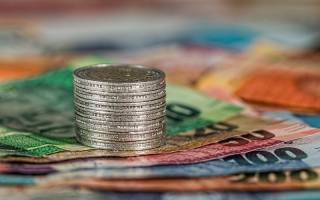
It’s time to rethink how we tax the income of the super-rich
"It is time to sort out the taxation of [business} income and ensure that rentiers, partners in professional firms and those set up as business owners are at least taxed on the same basis as the rest of us."
Read: The Times (£)
11 April 2022

Sunak could delay the pain for households but he can’t take it away
'We haven’t lived through a period like this perhaps since the oil crisis of 1973. That made us poorer. This crisis will also make us poorer.'
Read: The Times (£)
14 March 2022

Changes to university fees are set to penalise lower-earning graduates
UCL Visiting Professor and Director of the Institute of Fiscal Studies (IFS) Paul Johnson gives his take on the proposed changes to university fees in the United Kingdom (UK)
Read: The Times (£)
28 February 2022

Planning a short-term pain doesn’t always mean there’s long-term gain
'Real change will require policy that is consistent over decades.' Visiting Professor and Director of the Institute of Fiscal Studies (IFS) Paul Johnson in The Times on the balance between long-term and short-term policies.
Read: The Times (£)
14 February 2022

Meditation trial improved pupils’ working memory
A trial of transcendental meditation (TM) in two Irish primary schools found that students’ “working memory” improved in a series of tasks after they meditated twice a day for four months featuring research conducted by Professor Gabriella Conti.
Read: The Times (£)
13 February 2022

Helping the poor is easy, chancellor, everyone else may just have to suffer
Professor Paul Johnson considers what HM Treasury civil servants might be advising Rishi Sunak in response to the cost-of-living crisis.
Read: The Times (£)
31 January 2022

Migrants will stop Britain’s population from falling during next decade
The ONS predicts 59,000 more deaths than births over the next 10 years in the UK, which could be down to recession of 2008 shocking people into having smaller families, says Professor Christian Dustmann.
Read: The Telegraph (£)
12 January 2022

Will the UK economy outpace or lag behind other developed economies in 2022?
Professor Morten Ravn, from UCL Economics says that the UK economy will “continue to lag behind” as “the pandemic is still not under control, UK public debt is high and it will be hard to engineer either a stimulus or a significant tax reform.”
Read: The FT (£)
3 January 2022
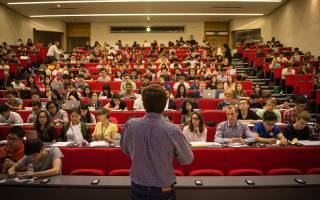
Is It Time for a New Economics Curriculum?
Pioneered by UCL Economics Professor Wendy Carlin, “The Economy,” the CORE textbook, is designed for the post-neoliberal age.
Read: The New Yorker
8 October 2021
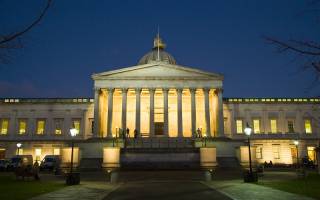
‘Always hungry to do better’: how UCL rose up the rankings
UCL Department of Economics was recognised by The Guardian as "...the main driver of UCL’s improvement this year, climbing from 25th to 8th place in a subject with a large student intake, high entry standards and very good career prospects..."
Read: The Guardian
11 September 2021
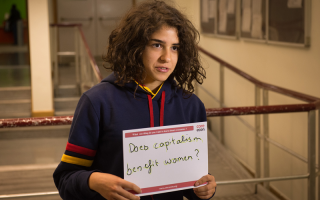
Why are there so few female economists?
This Financial Times article, by Tim Hartford, suggests that CORE, by addressing real-world, relevant questions, can make economics as appealing to high-school girls as to boys, helping to solve the gender imbalance in economics.
Read: Financial Times
27 August 2021
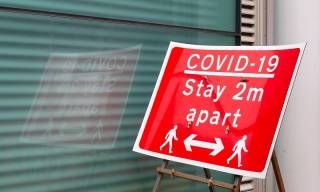
Smarter public spending is key to COVID-19 recovery
Rebuilding the economy and reducing inequality post-Covid will require a massive reorganisation of public spending on work, education and skills issues, according to Professor Sir Richard Blundell.
Read: Mail Online, More: Evening Standard, MSN News, New Scientist, UCL News
23 March 2021
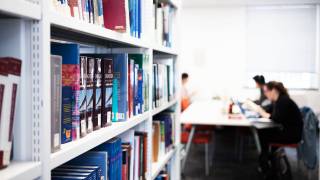
Efforts to modernise economics teaching are gathering steam
Economics education is beginning to modernise according to The Economist, which highlights the revolutionary CORE textbook which "starts with inequality, rather than presenting it as an afterthought". The textbook is produced by CORE, a charity run a by a team of academics from across the world, including UCL Professor Wendy Carlin.
Read: The Economist (£)
20 March 2021

Abruptly ending Universal Credit uplift is ‘remarkable’
Visiting Professor and Director of the Institute of Fiscal Studies (IFS) Paul Johnson says that the decision to abruptly end a £20 a week increase in Universal Credit payments is “remarkable” and will be a cliff-edge for many poorer families.
Read: BBC News, More: Guardian, Evening Standard, LBC
4 March 2021
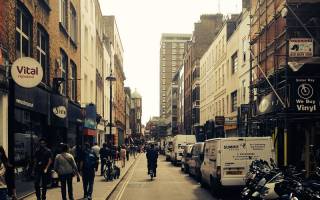
Rethinking Economics
"The fallout from the pandemic will alter how we think about the economy and public policy" writes Wendy Carlin and Samuel Bowles
Read: International Monetary Fund (IMF)
March 2021

A whimper not a bang: Britain’s immediate economic prospects are grim
While Thatcherism is credited with changing Britain’s economic trajectory in the 1980s, research by Professor Nauro Campos argues UK's entry into the EEC (now the EU) in 1973 was at least as important.
Read: The Economist (£)
16 January 2021
 Close
Close

